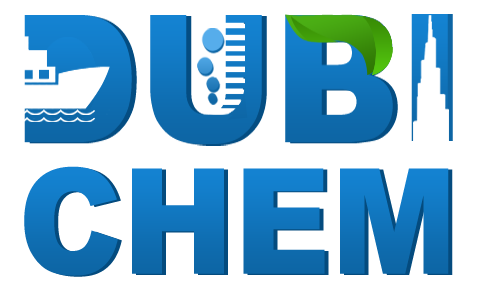Glyoxal is used to crosslink starch-based formulas in textile finishes and in coated paper. It's also used in textile production, leather tanning, cosmetics, epoxy, oil and gas industries and disinfection. Glyoxylic acid has industrial uses including the curing of wood and wood hardening.
Coated paper and textile finishes use large amounts of glyoxal as a crosslinker for starch-based formulations. It condenses with urea to afford 4,5-dihydroxy-2-imidazolidinone, which further reacts with formaldehyde to give the bis(hydroxymethyl) derivative dimethylol ethylene urea, which is used for wrinkle-resistant chemical
Glyoxal is a valuable building block in organic synthesis, especially in the synthesis of heterocycles such as imidazoles. A convenient form of the reagent for use in the laboratory is its bis(hemiacetal) with ethylene glycol.
Glyoxal may be synthesized in the laboratory by oxidation of acetaldehyde with selenious acid. Anhydrous glyoxal is prepared by heating solid glyoxal hydrate(s) with phosphorus pentoxide and condensing the vapors in a cold trap.
GLYOXAL 40% FOR SYNTHESIS
